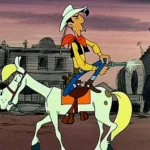THE WOMAN KING. A (non)feminist manifesto about women dependent… on men
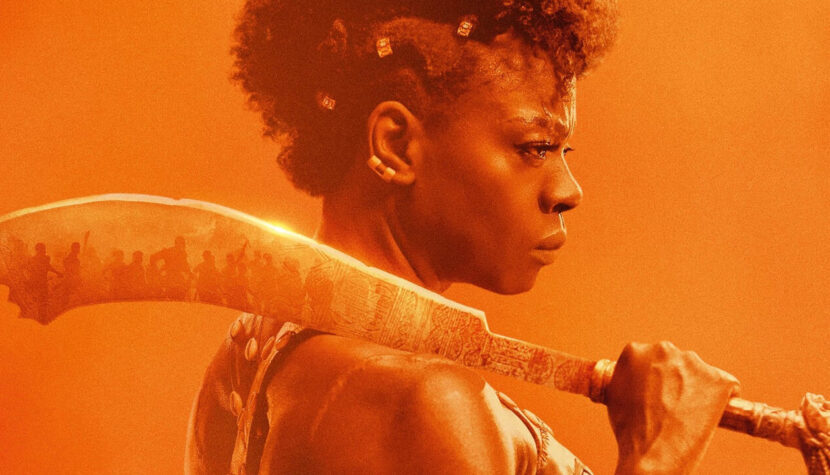
It must have been like this – Gina Prince-Bythewood watched Black Panther a few years ago and thought to herself, “Cool, but not violent enough. And too many men and not enough women. I’ll do better.” And so The Woman King was born. This is obviously unverified information, but after watching Prince-Bythewood, I couldn’t help but feel like I was watching some spin-off of a Ryan Coogler movie, where Dora Milaje’s female guard was replaced by Agojie, an authentic, all-female army unit of the former African kingdom of Dahomey.
The Woman King is a story about brave superwomen trained to be killing machines, and above all – to defend the king. The story focuses on two women – the mature General Nanisca (Viola Davis) and the young, ambitious Nawi (Thuso Mbedu), who ends up in Agojie’s training as a consequence of her insubordination towards her father and potential husbands. However, it could not have hit a more difficult time – the conflict with the enemy Oyo empire is just getting stronger, and the bloody escalation is only a matter of time. Wayward Nawi from the beginning shows a great talent for fighting, but she has a problem with discipline, which is why she often confronts General Nanisca. Fortunately, however, she finds herself under the wing of an experienced warrior, Izoga (Lashana Lynch), who teaches Nawi the rules prevailing among the Agojie, and helps the young adept to get the most out of her military training. Soon, Nawi turns out to be the most talented of the new members of the Agojie army, and her dedication is recognized by General Nanisca and King Ghezo himself (John Boyega).
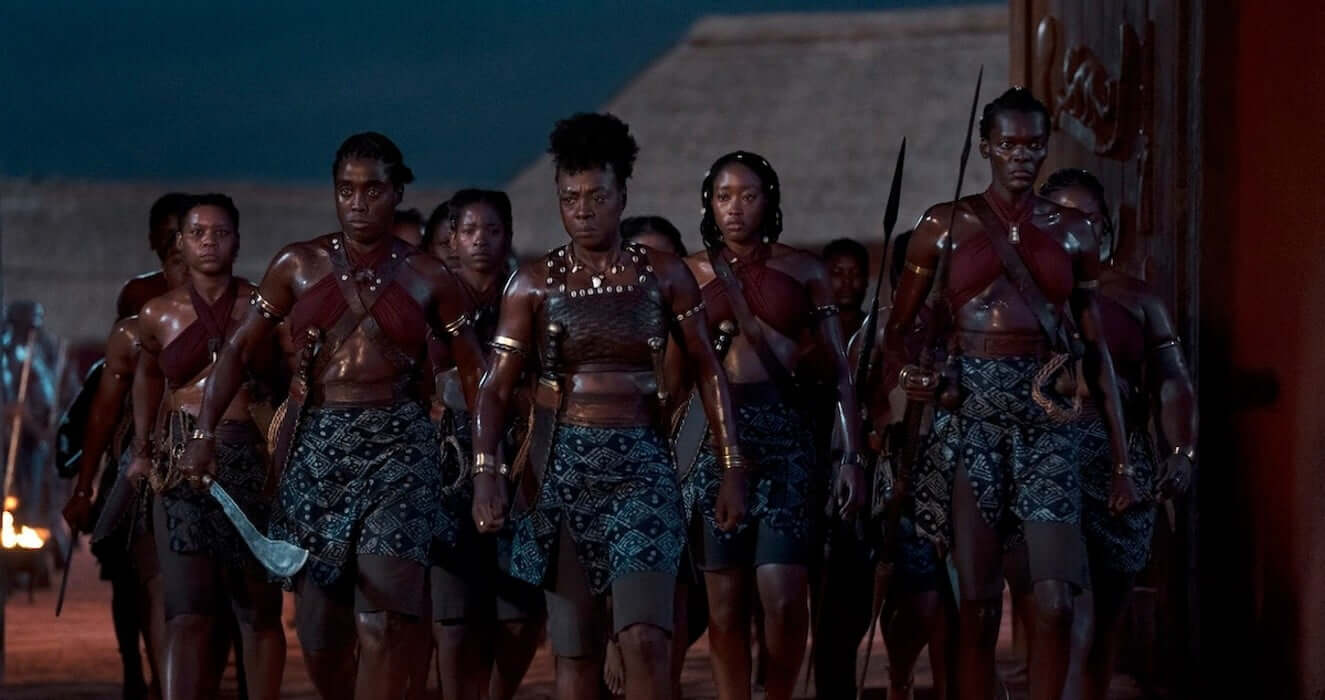
The military-battle theme is only part of the plot of The Woman King – the second leading theme is the painful experiences of the general, who in her youth suffered from the hostile nation of Oyo. It is mainly this part of the plot that gives the film by Prince-Bythewood a feminine dimension – the trauma caused in the main character by male violence pushes her to brutally act against them. As a general, Agojie constantly faces the invaders, who in her eyes are the reincarnations of her tormentors. The harm that still remains alive in her – and we find out, among others, in from the nightmares that torment Nanisca – it will bring her closer to young Nawia, who will turn out to be similar to her commander not only in terms of her eagerness to fight and devotion to the king. Into all this, there is also the thread of Portuguese colonialists (Hero Fiennes Tiffin, the star of the series After), who is an additional threat to the independence and integrity of the kingdom of Dahomey.
Related:
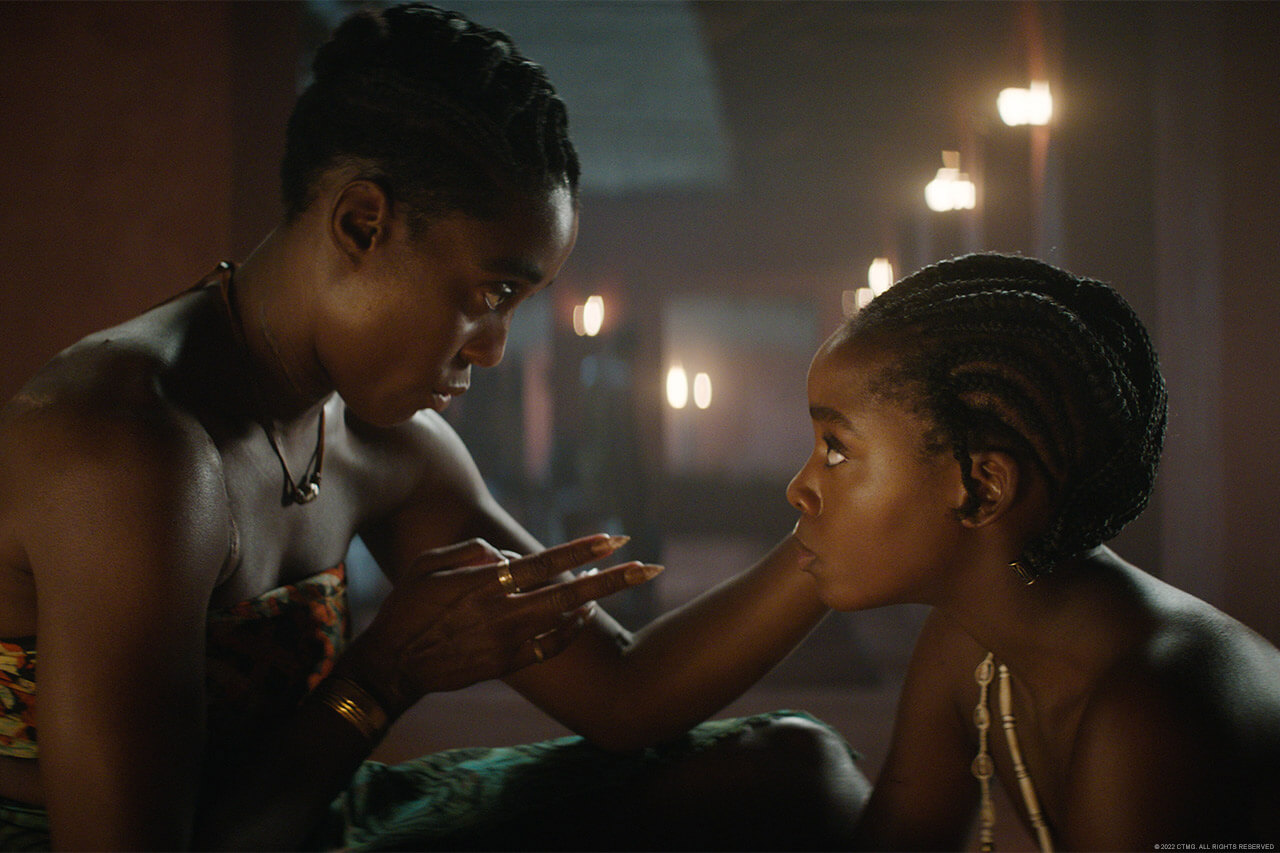
The Woman King would like to be several films at once – a feminist drama, an action movie, and even an essay on colonialism. Ultimately, it’s neither of those films – Gina Prince-Bythewood’s genre indecisiveness causes this historical spectacle to unnecessarily fragment, failing to deliver a satisfying result in either convention. When it seems that as a spectacular action movie The Woman King will work perfectly, because the choreography of the fights is at a high level, Prince-Bythewood makes each of its actors (especially Davis and Boyeda) very lofty – apart from the dynamics of Lashana Lynch and Thuso Mbedu, which is quite refreshing because there is more spontaneity and authenticity in it than in all other accounts in this story. The feminist message, which I presume was supposed to carry loud and clear, also does not resonate properly. Because although we are watching a film about powerful heroines who do not bow to men, The Woman King seems to say that motherhood and physical intimacy with a man are ultimately formative experiences for a woman. Really, ladies?
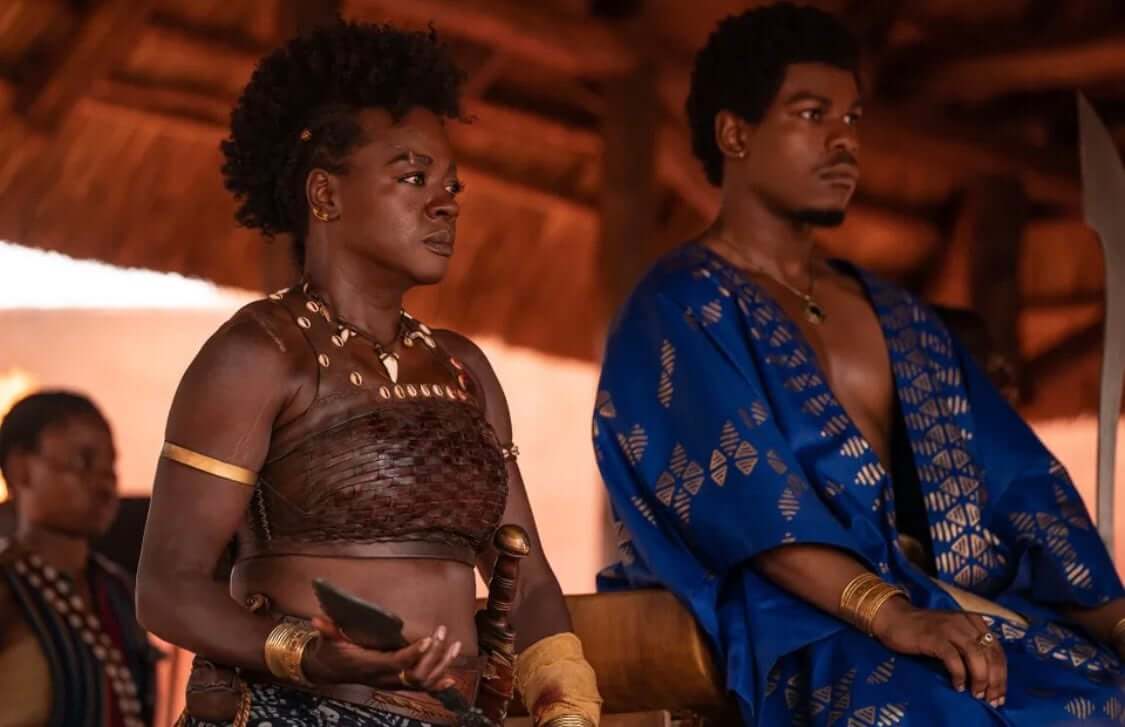
After the announcement of the Oscar nominations, there was a buzz that the Academy again deliberately ignored the black director and deliberately did not nominate Gina Prince-Bythewood. Again, it is not taken into account that the Academy could simply see that the director’s film is of average quality – that it does not inspire black women’s emancipation at all, that it does not deliver on any level: screenplay, acting (although it managed to half of the biggest black stars of today can be gathered here), and even more so in the director’s office. While visually there is no lack of cinematic panache in The Woman King, textually it lacks depth. This is one of those movies that went to cinemas, but would be more suited to the library of one of the streaming platforms.





